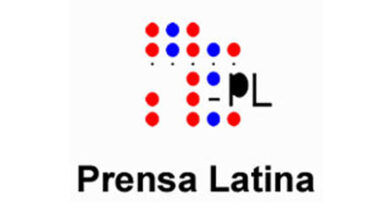Energy bills: Millions set to see ‘big savings’ as price cap lowered
 Image copyright Getty Images
Image copyright Getty Images Energy bills will fall by around £84 in October for millions after the energy regulator lowered the price cap because of cheaper gas wholesale prices.
Ofgem has cut the default price cap to £1,042, its lowest level since the cap was introduced in January 2019.
The pre-payment meter cap will fall by £95 to £1,070.
Ofgem said the changes would mean «big savings» for around 11 million households on default tariffs and four million on prepayment meters.
The regulator said the reduction was due to a sharp decrease in wholesale gas prices since the cap was last updated in February.
But it warned that the cap was likely to rise in April as wholesale prices have started to recover since hitting 20-year lows in the spring.
«Millions of households, many of whom face financial hardship due to the Covid-19 crisis, will see big savings on their energy bills this winter when the level of the cap is reduced,» said Jonathan Brearley, chief executive of Ofgem.
But he said people «can reduce their energy bills further by shopping around for a better deal».
Speaking to BBC Breakfast he advised: «Phone up your supplier and ask them to put you on the best deal they can offer.
«If you can go further and get into the market and switch supplier, that will get you an even better deal than the regulated tariff.»
Shop around
«This reduction in the price cap represents a much-needed financial boost for millions of households, at a time when many people are struggling due to the economic impact of Covid-19 and lockdown,» said Ed Dodman, director of regulatory affairs at the Energy Ombudsman.
«Shopping around for a cheaper energy deal is still the best way to save money, particularly for customers on standard variable tariffs, but before switching to a new supplier it’s a good idea to check out its customer service credentials.
He said review sites and other online tools give an idea of the quality of service on offer and can help people to make an informed decision when switching.


